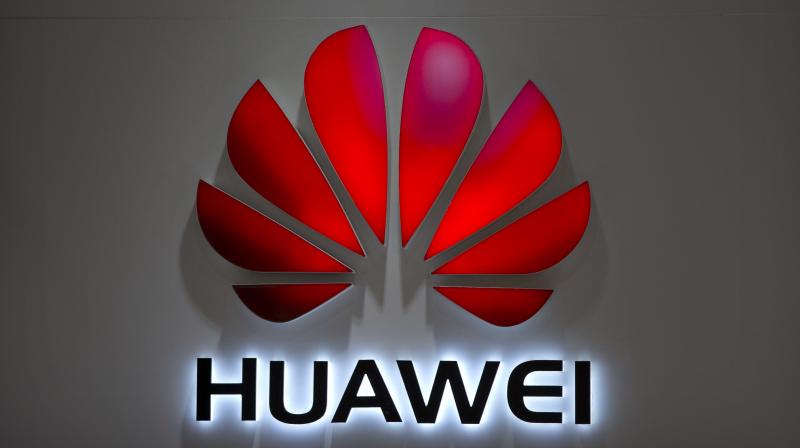French Senate rejects tougher telecoms controls despite US Huawei warning
Huawei is facing international scrutiny over its ties with the Chinese government.

The French Senate rejected on Wednesday proposed legislation aimed at toughening checks on telecoms equipment, following a US warning about Chinese telecoms giant Huawei.
The new legislation was a last-minute addition by the government to a wide-ranging corporate law and would have required telecom operators to seek formal approval for the use of certain kinds of equipment considered to be particularly sensitive for spying or sabotage risks.
In justification of their vote against the amendment, several senators stressed that the government did not offer them sufficient time to properly discuss the matter, which they recognized as crucial and strategic.
“We haven’t been able to do our work as members of parliament,” said Senator Elisabeth Lamure, who is also vice-chair of the upper house’s committee for economic affairs.
The rejection by the Senate means the government will need to find another bill to pass the provision, which could delay its implementation by several months.
“The government will find other legislation to raise up this issue,” an official at the French finance ministry said ahead of the Senate vote in anticipation that the amendment would be voted down.
Huawei, the world’s biggest telecoms equipment maker, is facing international scrutiny over its ties with the Chinese government and allegations that Beijing could use its technology for spying, which Huawei denies.
The US Justice Department has also charged Huawei with conspiring to violate US sanctions on Iran and with stealing robotic technology from T-Mobile US Inc.
The future deployment of the fifth-generation mobile technology has raised concerns in the government, as two of France’s main telecoms operators, Bouygues Telecom and Altice Europe’s SFR Group, are already using Huawei’s equipment for their network.
“The move from 4G to 5G changes many things at a technical level. It means that the most sensitive information are not only in the core networks but also in the antennas,” said Finance Minister Bruno Le Maire in an interview with France 2 television before the vote in the Senate. “We must protect this sensitive information.”

